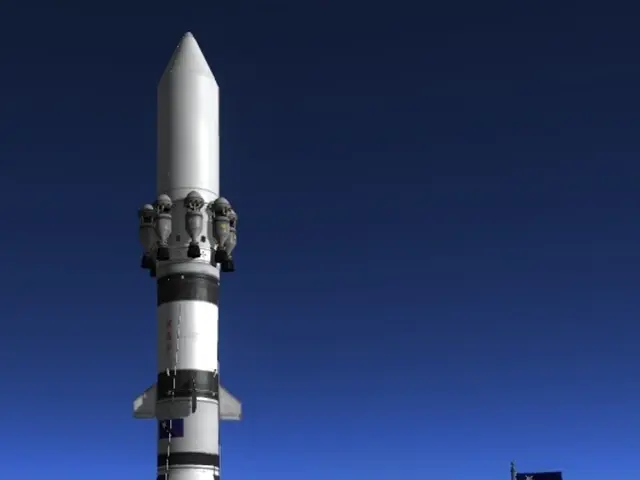Research Methodology in Sciences
The scientific method, a systematic approach to investigating phenomena and acquiring new knowledge, plays a pivotal role in various fields, from technology development to business strategy. This method, which dates back to around 1600, has evolved through the contributions of historical figures such as Aristotle, Galileo Galilei, and Sir Francis Bacon.
At its core, the scientific method involves observing problems, formulating hypotheses, and conducting controlled tests to observe variables in a structured environment. A hypothesis is a proposed explanation for a phenomenon that must be testable and falsifiable, meaning it should be formulated in a way that allows for potential disproval.
The scientific method consists of logical steps: observation/question, background information, hypothesis, prediction, test, analysis, conclusion, and sharing of conclusions. This process enables advancements in science, technology, and other fields, as well as fosters deeper inquiry across multiple disciplines.
In technology development and troubleshooting, engineers apply the scientific method to improve technology. They observe problems, formulate hypotheses, and conduct tests to validate their theories and make necessary improvements.
In business, the scientific method is used to analyze consumer behavior and evaluate market strategies, leading to data-driven insights and enhanced innovation. By maintaining objectivity and distinguishing between correlation and causation, businesses can ensure the reliability of their conclusions and make informed decisions.
Maintaining objectivity is essential in the scientific process to avoid bias and ensure the reliability of conclusions drawn from experiments. Distinguishing between correlation and causation is vital in scientific inquiry to avoid misinterpretations and ensure accurate conclusions.
The conclusions from the scientific method often lead to new questions, creating a continuous cycle of exploration and discovery. The scientific method is vital for establishing facts through rigorous testing and analysis. The scientific method requires analyzing collected data to draw conclusions and determine the validity of the original inquiry.
Sharing findings from the scientific method is crucial for the broader community, fostering collaboration and knowledge-sharing. Important advances in the 19th century, such as Bessel’s proof of Earth’s motion and Pasteur’s microbiology research, contributed to the method's foundation, which later revolutionized technology and science in the 20th century.
In conclusion, the scientific method is a powerful tool for uncovering the unknown and fostering deeper inquiry. Its systematic approach to investigating phenomena and acquiring new knowledge has been instrumental in the advancements of science, technology, and business. By adhering to the principles of objectivity, falsifiability, and rigorous analysis, the scientific method continues to be a vital resource for establishing facts and driving progress in the 21st century.
Read also:
- Postpartum Period and Gestational Diabetes: Does it Persist?
- Controlled spree of Legionnaires' disease among Harlem residents ceased, city health authorities confirm; however, locals push for increased openness and information disclosure
- Transform City for the Better
- Prostate Cancer Examination Guidelines, Outcomes, and Financial Aspects







